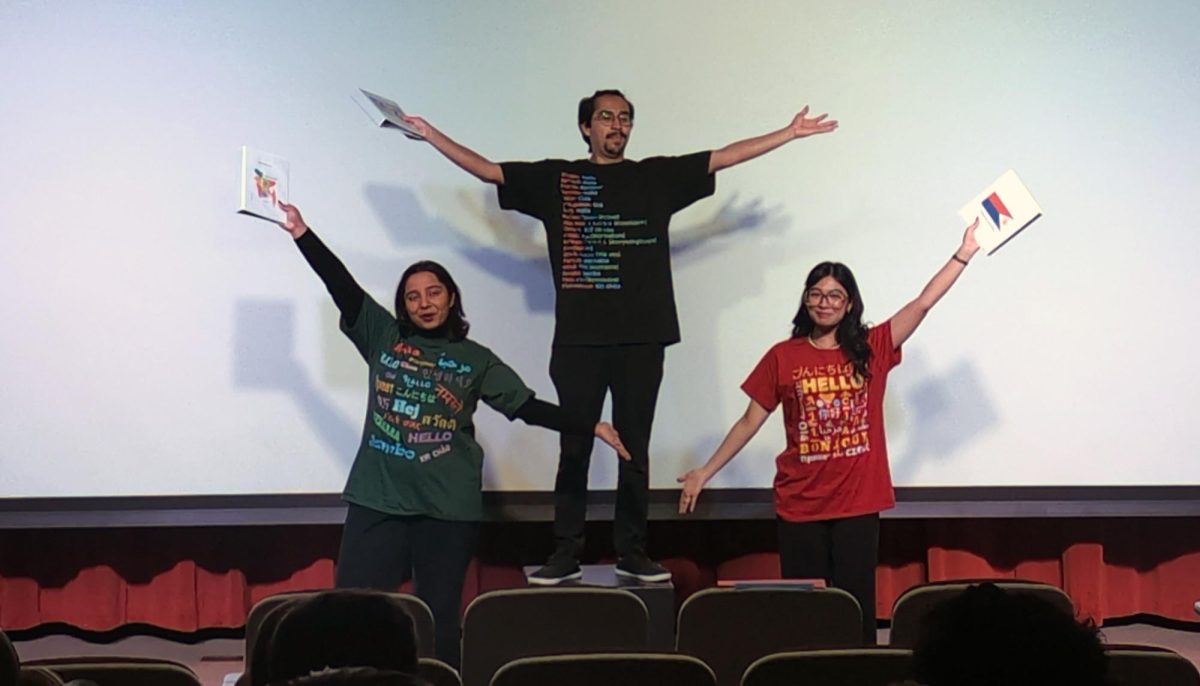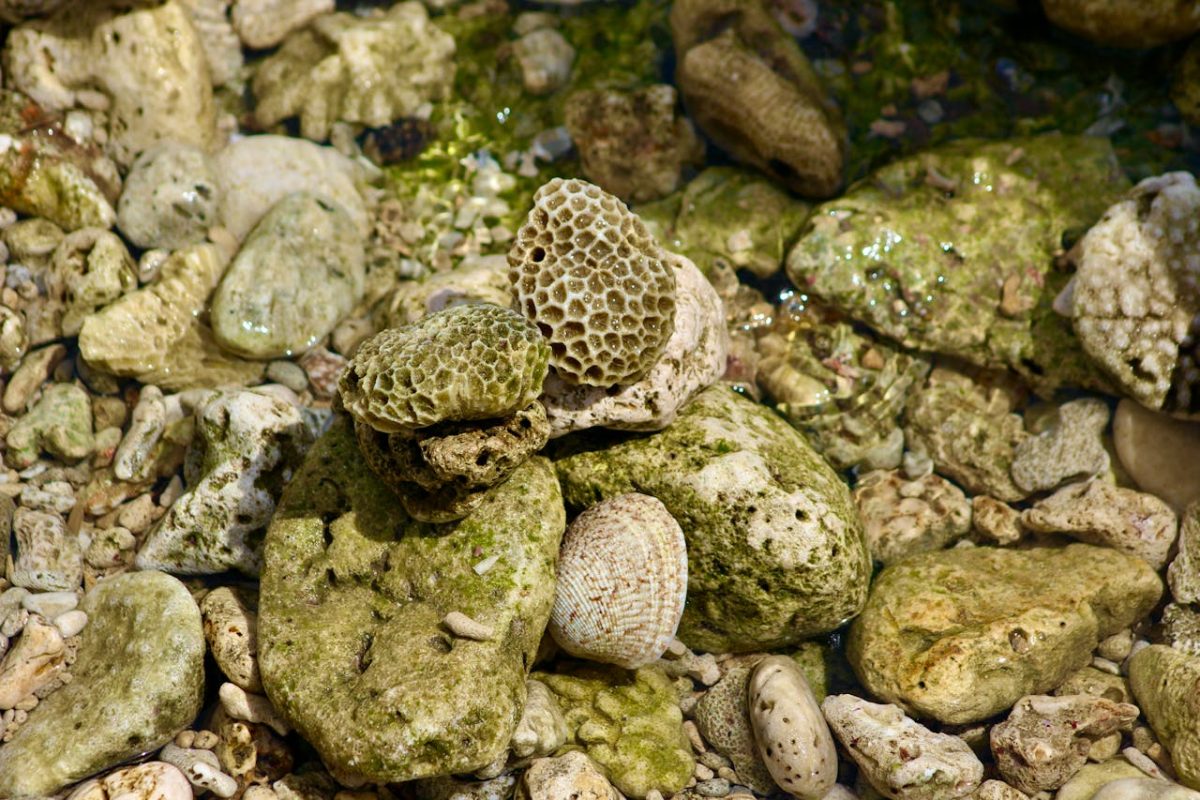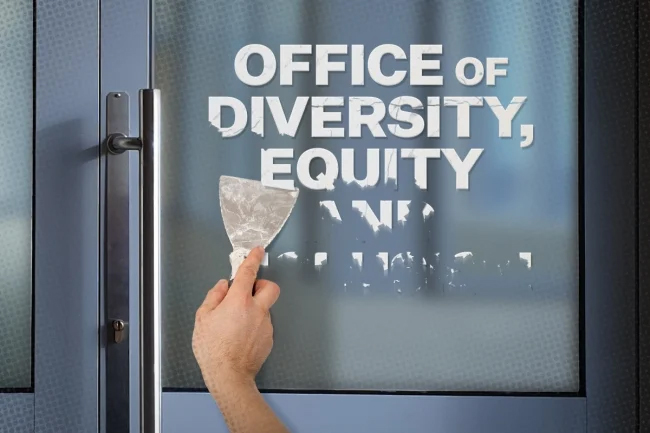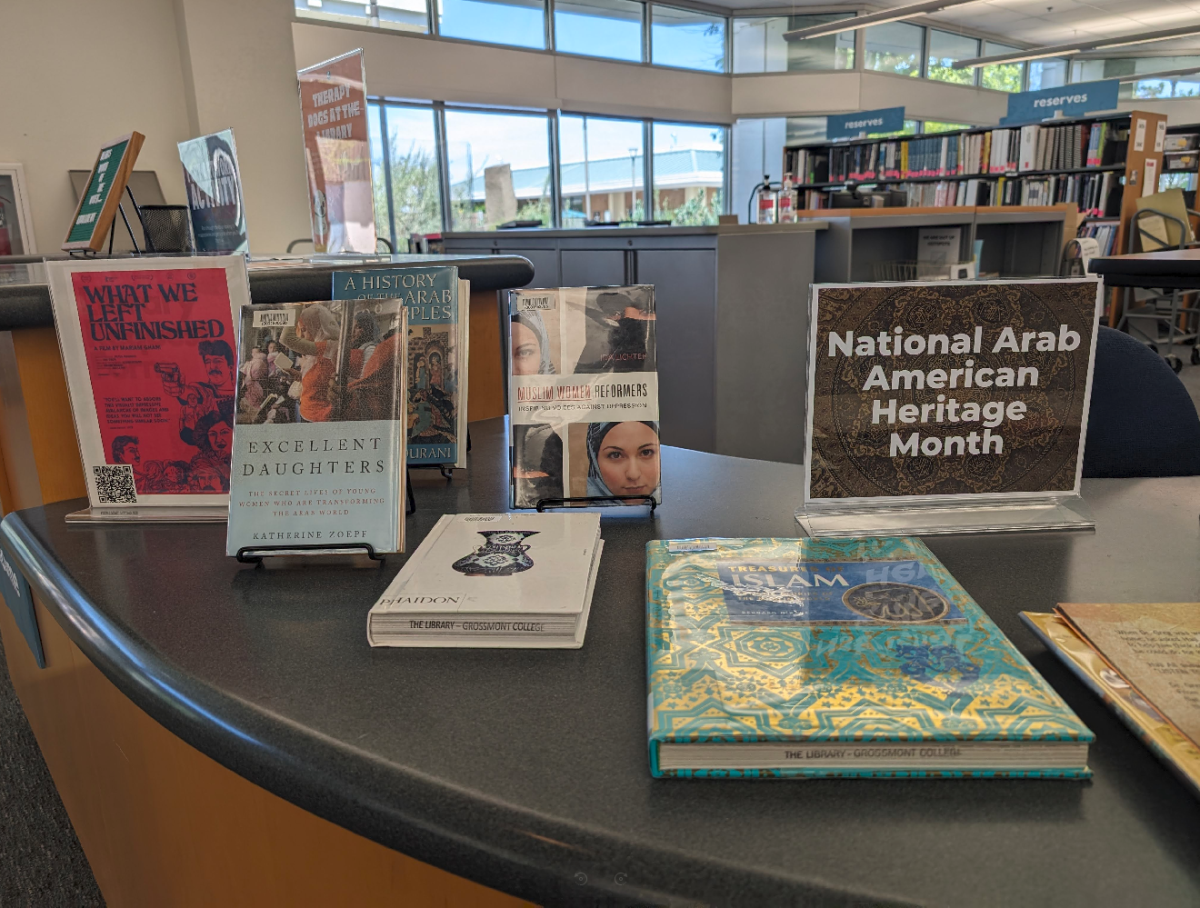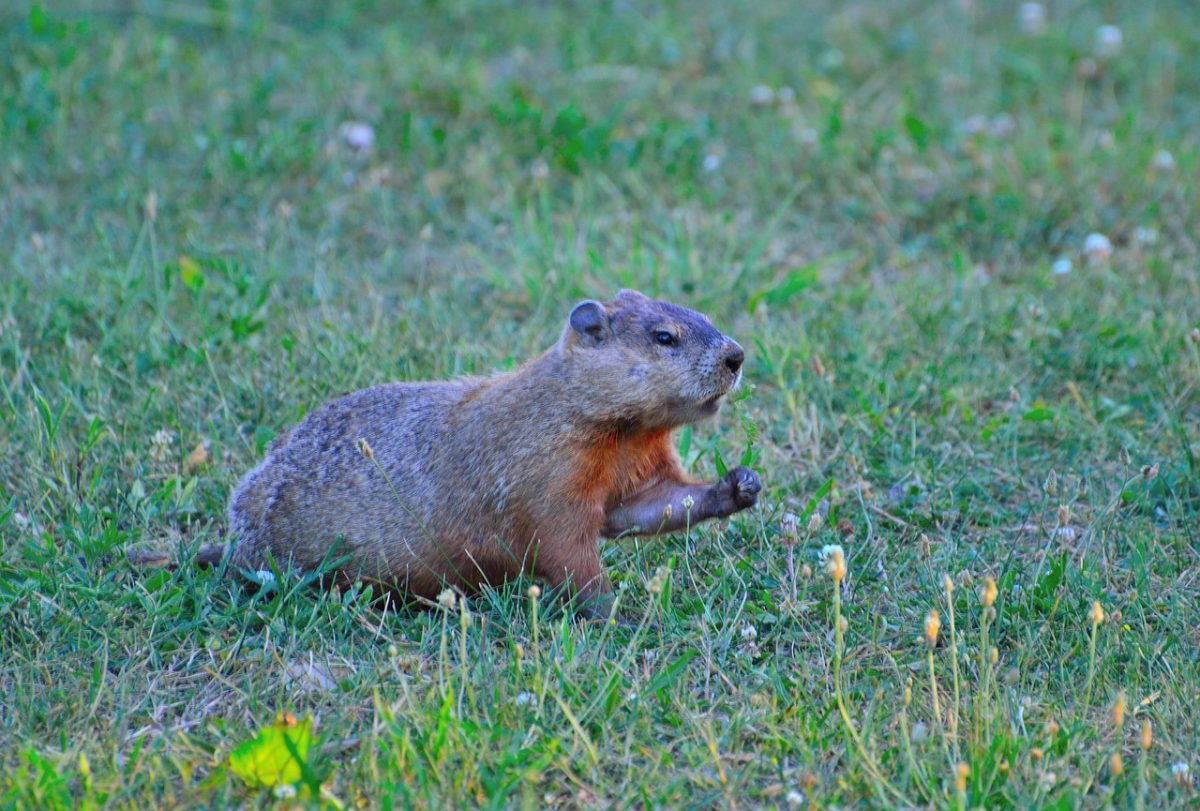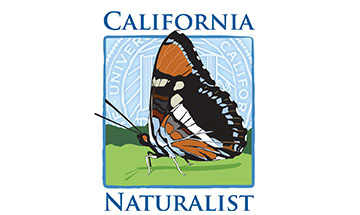
The California Naturalist Certification Course serves as an incentive to increase students’ environmental and climate change literacy as they prepare to enter their future careers. Throughout the program, students are encouraged to develop a curiosity for nature and conservation as they engage in hands-on learning and apply observational skills.
A naturalist is someone who “observes, studies and interprets the natural world,” according to Grossmont Professor Judd Curran.
Curran, who is a professor of geography and other courses in the Earth Sciences Department, will be the instructor for the California Naturalist Certification Program.
“It’s an intro class that doesn’t require a prerequisite and you can stay on your pathway towards getting your degree, but at the same time earn this certification and help mitigate some of your climate change anxiety and get connected to the community,” he said.
Alongside the certification course, students will need to take Honors Geography of California. Currently, Geography of California is offered as a general education class. Signing the honors contract will allow students to complete the California Naturalist Certification and will put 3.0 units of fully transferable honors credits on their transcripts on successful completion of the class.
During the certification program, students will participate in three half-day field trips in locations such as Mission Trails Regional Park or Silverwood Wildlife Sanctuary. Work is being done to ensure these trips are “as accessible as possible to the broadest range as possible,” according to Curran. This includes electing locations accessible by public transit or establishing car-pool possibilities.
Apart from the half-day field trips, and one in-person orientation meeting, the 16-week course will be completed online, asynchronously. Occasional check-ins over Zoom will also be required to ensure students are on track.
One of the most important aspects of the certification program is the keeping of a nature journal. This practice will motivate students to improve their observation skills in the field. Journaling these observations will prompt students to ask questions such as: What do you notice? What curiosity comes from this observation? What does it remind you of?
“It’s a really personal approach, but really grounded in the personal experience, with the focus being on the participant involved,” Curran said. “In doing that, the idea is that we are encouraging this development of a relationship with nature; this curiosity that will want them to learn more, to be in it more; and then potentially, to want to protect it, conserve it, take action, do stewardship and tell others about it as well.”
There are some fees involved with the certification course, including the $160 registration fee; a $110 fee, discounted to $55 for full-time students, towards the UC’s Environmental Stewards Program; and other fees for course materials, such as the California Naturalist Handbook, which also has a discounted rate.
“It was part of the design and the co-design curriculum with the UC to ensure that we could make this as accessible as possible,” Curran said. “When you look at the cost of this course in various places throughout the state, we are going to be one of the lowest-cost courses.”
On completing the program and becoming a Certified California Naturalist, students will be connected to a “UC Volunteer Portal,” which will allow access to a community of like-minded individuals and encourage collaborative engagement in volunteer work and conservation efforts.
“This fits hand-in-glove with our vision, our mission, and the types of pathways and opportunities that we offer for our students,” Grossmont’s Vice President of Academic Affairs, Agustin Albarran, said. “What I am so excited about for this program in particular is the knowledge and skills that it will give folks to take back to their communities.”
After becoming a Certified California Naturalist, the possibilities for environmental engagement are endless. Certified naturalists can work toward involvement in participatory sciences, civic engagement, non-profit work, environmental justice, or becoming tour guides or park rangers. These activities can take place on a local scale, or perhaps even a national scale. The certification course can also be beneficial for those who harbor anxiety surrounding climate change or other environmental concerns.
“Imagine being a part of that transformation, where you’re actually getting your hands involved or at least contributing in some way to it,” Curran said. “It can really have a very positive impact on those who are involved.”
For more information surrounding the California Naturalist certification course, including a course timeline and completion requirements, visit sandiegonaturalist.org.




